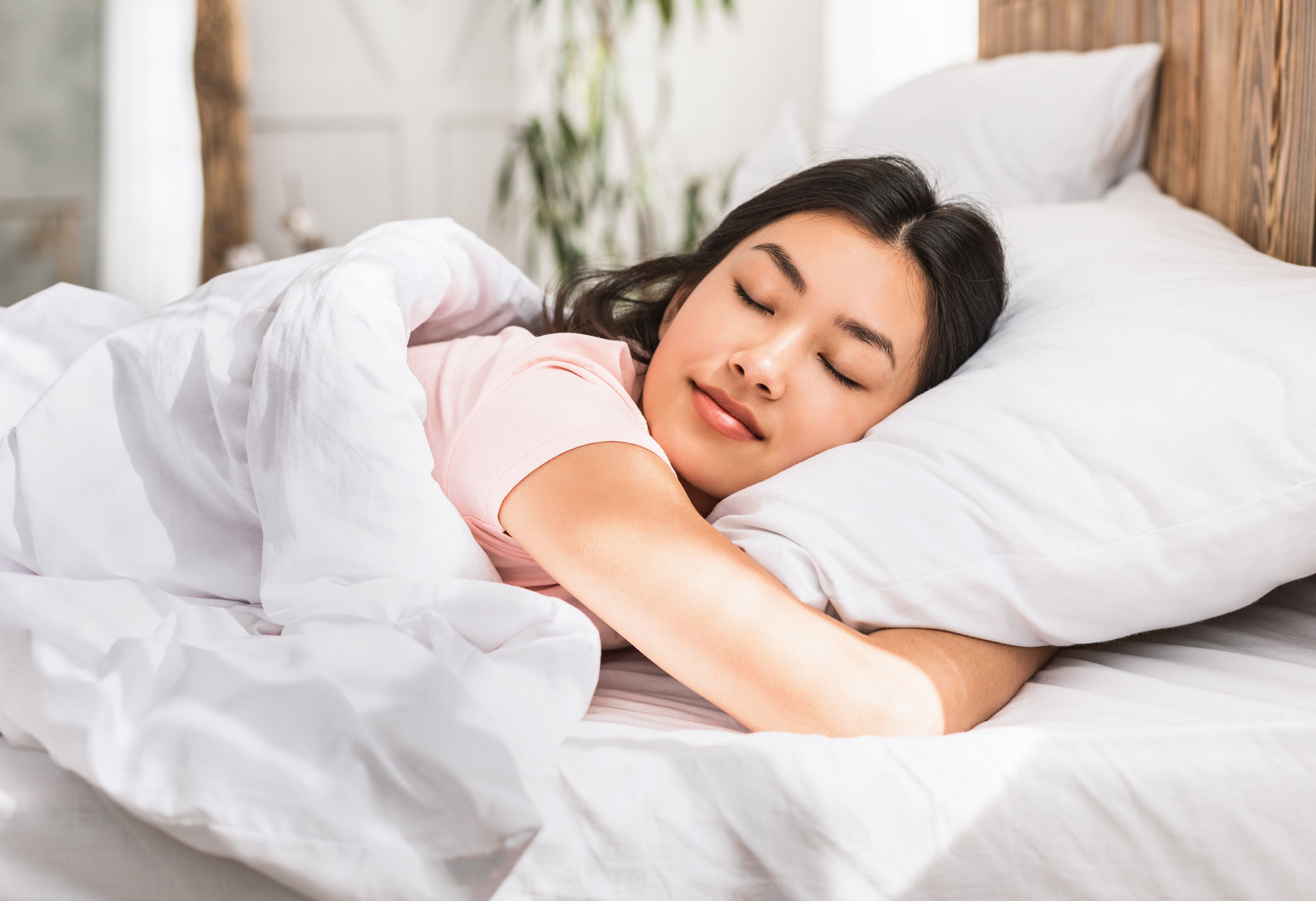How does sleep affect the condition of my skin?
Sleep plays a key role in skin health; a lack of it can affect the face far more than meets the eye. While we sleep, the body regenerates its resources, and the skin is actively renewing itself. If sleep is short or restless, this process is disturbed, leading to various problems.
How sleep affects the skin
Sleep is not just a rest but a time of active recovery for the body. It is at night that regeneration processes are launched, defense mechanisms are strengthened, and the necessary hormones are synthesized. If you don’t get enough sleep, your skin is the first to give alarm signals: it loses its freshness, becomes dull, less elastic, and sensitive.
What happens to the skin with a lack of sleep
When a person does not get enough sleep, the body is stressed, and the hormonal balance is disturbed. This leads to decreased collagen production, hyaluronic acid deficiency, increased cortisol production, and slower blood circulation.
Lack of sleep can be easily noticed in the mirror: dark circles around the eyes and puffiness, dull skin color, dryness, and increased sensitivity.
How much sleep you need for healthy skin
Scientists have long established that at least 7-8 hours of sleep are necessary for full skin regeneration. Studies show that people who sleep less than 6 hours experience a 30% decrease in skin moisturization, and fine lines and wrinkles become more pronounced.
It’s important to follow simple rules to maximize the benefits of sleep. Go to bed at the same time—this stabilizes circadian rhythms. Create comfortable conditions (20-21 degrees Celsius temperature, 40-60% humidity in the room). This requires a dark, cool, and ventilated room. Refuse gadgets before bedtime—blue light suppresses the production of melatonin. Rest, regular exercise, and proper nutrition are also important.
What disturbs sleep and spoils the skin
It is difficult for a modern person to imagine his life without smartphones. We look into these gadgets at every opportunity. In addition to communication and work, these devices are used for entertainment. Watching videos, social networking, reading, and memes define leisure time. Recently, mobile gaming, especially iGaming, has also become popular. More and more people are getting addicted to virtual gambling entertainment that can be accessed right from home. This is partly due to their active advertising, which sometimes even causes criticism.
The popularity of these forms of entertainment can be judged by analyzing the Canadian segment of the Internet. According to www.twinspinca.com, in recent years, many new online casinos have appeared in Canada, which indicates the growth of the market. The situation is similar in the United States, Europe, and other regions.
It is quite normal to play or watch videos on your phone. The problem is that most people do it before going to bed. However, the blue light from the phone not only prevents you from falling asleep but can also negatively impact your skin health.
Skincare for sleep deprivation
If quality sleep is not possible, your skin can be helped. Be sure to cleanse your skin before bedtime—makeup and impurities interfere with recovery. Use moisturizers, as the skin loses moisture faster when sleep-deprived. Choose cosmetics with antioxidants. These components protect cells from destruction.
Sleep is not just rest but the key to healthy and youthful skin. The better we sleep, the longer we stay fresh, beautiful, and energetic.


